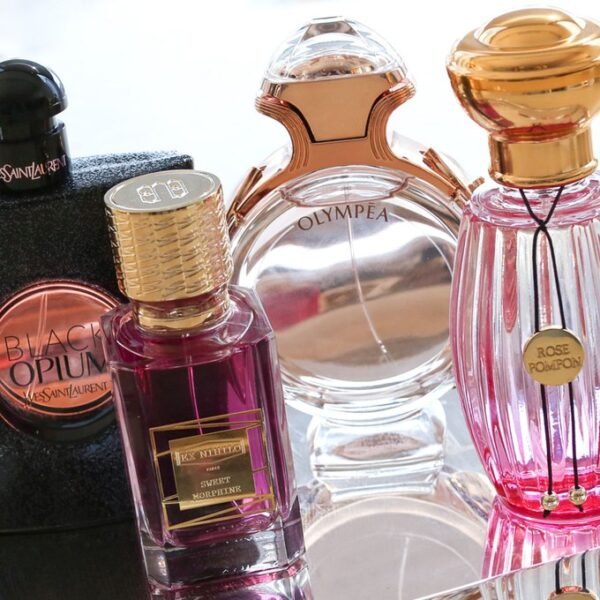
How to Choose the Best Fragrance for You
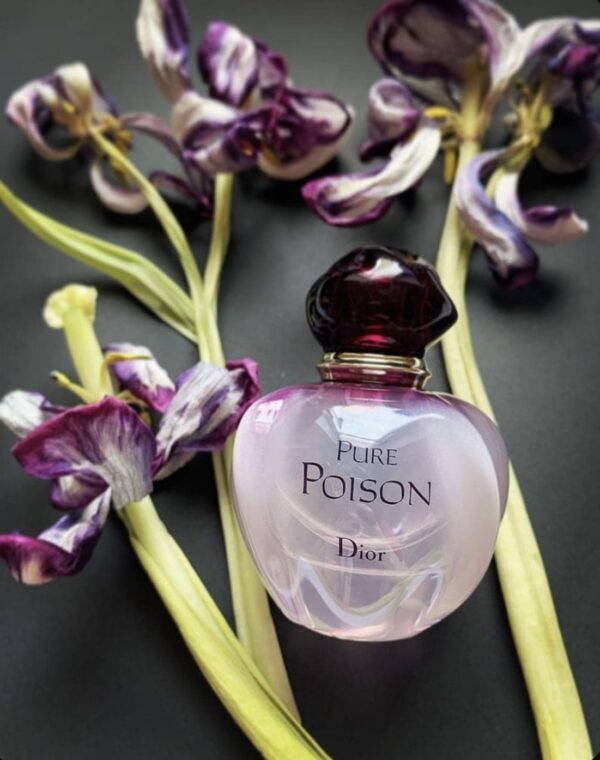
Choosing the perfect fragrance can be a daunting task, but with some basic knowledge and consideration, you can find a scent that truly reflects your personality and suits your unique preferences. In this article, we will explore the different aspects of fragrances and provide you with helpful tips on how to select the best one for you.
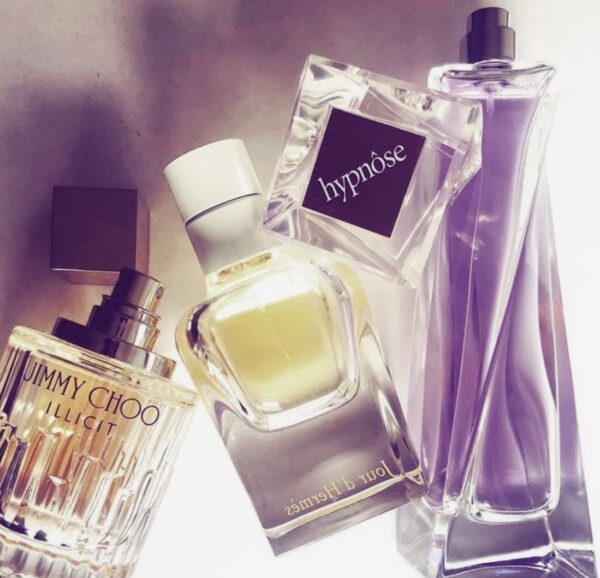
Understanding the Basics of Fragrance
Before diving into the wide range of fragrances available, it’s important to understand the basics. Fragrances are composed of various aromatic ingredients, also known as notes, which come together to create a specific scent. These notes can be categorized into different fragrance families, such as floral, fruity, woody, or oriental. For example, you can sample Baccarat Rouge 540 before you fire away and make the purchase.
When it comes to fragrance families, floral scents are often associated with femininity and can range from delicate and powdery to bold and romantic. Fruity scents, on the other hand, are vibrant and refreshing, with notes of citrus, berries, or tropical fruits. Woody fragrances are warm and earthy, often featuring notes of sandalwood, cedar, or patchouli. Oriental scents are rich and exotic, with a blend of spices, vanilla, and musk.
Each fragrance family has its own unique characteristics and can evoke different emotions and moods. For example, a floral fragrance may make you feel feminine and elegant, while a woody fragrance can give you a sense of warmth and comfort.
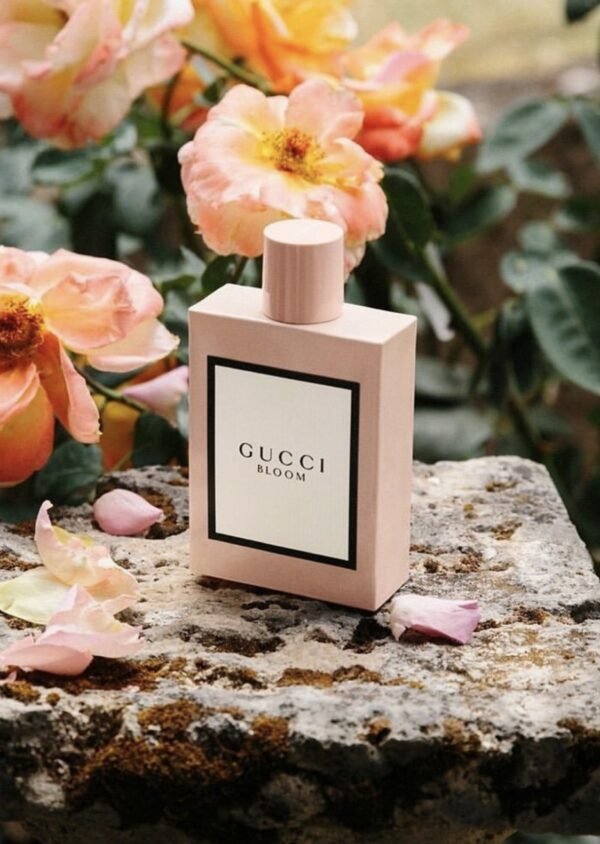
The Different Types of Fragrances
Fragrances can be classified into several types, including eau de parfum, eau de toilette, and eau de cologne. Eau de parfum has the highest concentration of fragrance oils and usually lasts the longest. It is perfect for special occasions or when you want a scent that will linger throughout the day. Eau de toilette has a slightly lower concentration, making it a more suitable option for everyday wear. It offers a balance between longevity and subtlety, making it a popular choice for many. Eau de cologne, on the other hand, is the most diluted version and often offers a lighter and refreshing scent. It is great for hot summer days or when you want a subtle fragrance that won’t overpower, especially with men’s cologne like Le Male Elixir.
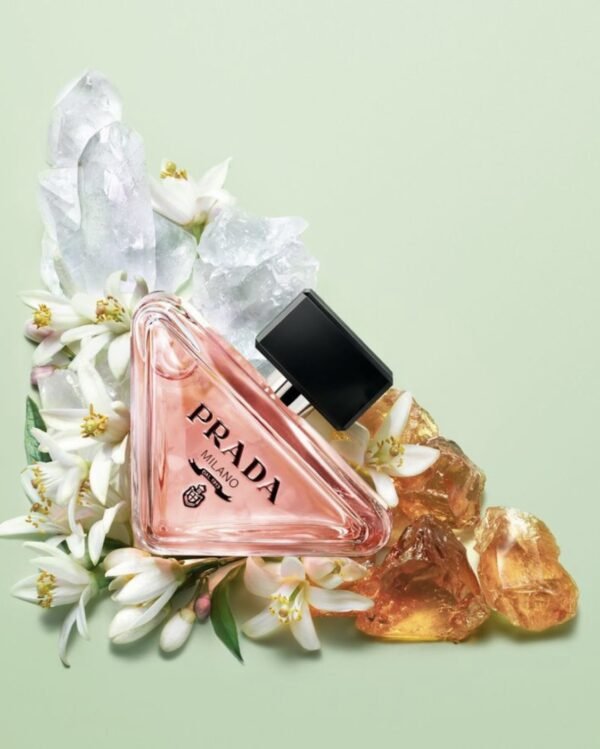
It’s important to note that the concentration of fragrance oils in a perfume affects its longevity and projection. The higher the concentration, the longer the scent will last on your skin and the more noticeable it will be to others.
The Anatomy of a Fragrance: Notes Explained
To better understand the composition of a fragrance, it’s important to familiarize yourself with the concept of fragrance notes. Fragrance notes are the individual scents that make up a perfume and unfold over time as the fragrance develops on your skin.
Top notes are the initial scents that you smell when you first apply the fragrance. They tend to be light and evaporate quickly. Common top notes include citrus fruits, such as bergamot or lemon, as well as fresh herbs like lavender or mint. These top notes create the first impression of the fragrance and often fade within the first few minutes of application.
Middle notes, also known as heart notes, develop after the top notes fade and give the fragrance its main character. They are often floral or fruity scents and can include ingredients like rose, jasmine, or apple. Middle notes are the heart of the fragrance and can last for several hours.
Base notes are the final scents that linger on the skin and provide depth and longevity to the fragrance. They are typically rich and warm, with ingredients like vanilla, musk, or sandalwood. Base notes can last for several hours or even days, depending on the concentration of the fragrance.
Understanding the different notes in a fragrance can help you choose a scent that suits your preferences and personality. Whether you prefer a fresh and citrusy fragrance or a warm and spicy one, knowing the notes can guide you in finding the perfect scent for any occasion.
Factors to Consider When Choosing a Fragrance
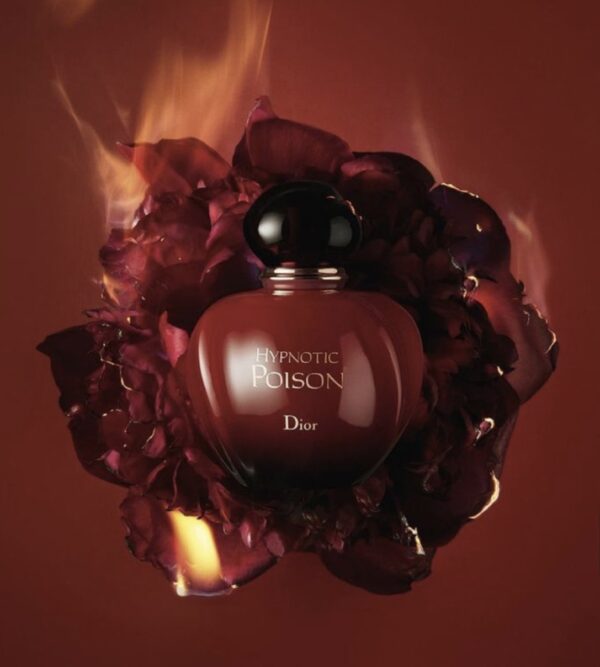
Selecting the right fragrance goes beyond personal preference. Factors such as your body chemistry, personality, and the occasion also play a crucial role in finding the perfect scent.
When it comes to choosing a fragrance, it’s important to take into account your body chemistry. Each person’s body chemistry reacts differently with fragrances, which means that a scent may smell differently on one person than it does on another. The same perfume that smells amazing on your friend might not have the same effect on you. That’s why it’s crucial to test a fragrance on your skin before making a final decision. By doing so, you can see how it interacts with your body chemistry and ensure that it complements your natural scent.
Aside from body chemistry, your personality also plays a significant role in determining the type of fragrance you’re drawn to. Your fragrance preference can be a reflection of your personality traits. For example, if you have a vibrant and outgoing personality, you might be more inclined towards fresh and citrusy scents that exude energy and positivity. On the other hand, if you have a more romantic and sensual nature, you might prefer floral or oriental fragrances that evoke a sense of passion and allure.
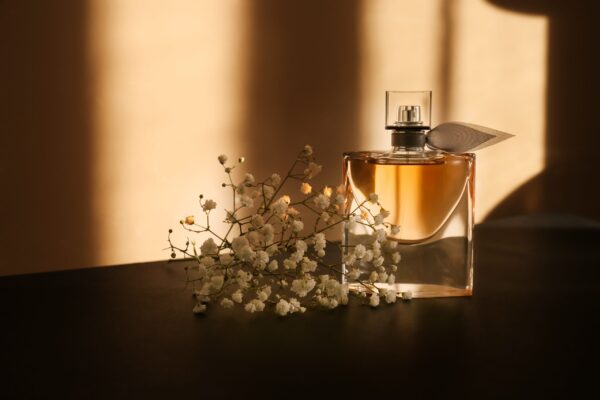
Furthermore, the occasion for which you intend to wear a fragrance should also be taken into consideration. Different events call for different scents. Light, airy fragrances are perfect for daytime wear or casual events, as they provide a refreshing and subtle aura. These scents are often associated with a carefree and relaxed vibe. On the other hand, deeper and more complex fragrances are better suited for evening affairs or formal occasions. These scents tend to be richer and more intense, creating an air of sophistication and elegance.
When choosing a fragrance, it’s essential to consider all these factors to ensure that you find the perfect scent that not only suits your personal taste but also complements your body chemistry, personality, and the occasion at hand. By taking the time to explore different fragrances and understanding how they interact with your unique characteristics, you can discover a scent that becomes a true extension of yourself.
How to Test a Fragrance Correctly

Testing a fragrance correctly is essential to ensure that it truly resonates with you. Follow these tips to make the most out of your fragrance testing experience.
The Importance of Skin Testing
When testing a fragrance, always apply it directly to your skin rather than spraying it on a fragrance strip. The interaction between the fragrance and your skin chemistry will give you a more accurate representation of how the scent will develop and evolve over time.
Our skin has its own unique chemistry that can interact with the fragrance molecules, altering the scent in subtle ways. By applying the fragrance directly to your skin, you can experience how it blends with your natural body odor, creating a personalized and unique aroma.
Additionally, the warmth of your skin can enhance the fragrance, allowing it to bloom and reveal its true character. The natural oils and moisture on your skin provide a perfect canvas for the fragrance to interact with, creating a more authentic and long-lasting scent experience.
The Role of Time in Evaluating Fragrances
Allow sufficient time for the fragrance to settle on your skin. Fragrances often go through different phases as they evaporate, and it’s important to give them enough time to fully unveil their complexity. Don’t rush the decision-making process; give yourself at least a few hours to experience the scent before making a final judgment.
As the fragrance settles on your skin, you may notice different notes becoming more prominent. The initial burst of top notes, which are usually the most volatile and evaporate quickly, will give way to the heart notes, which are the heart and soul of the fragrance. These heart notes will linger for a longer period, revealing the true essence of the scent.
Over time, the base notes will emerge, providing a solid foundation for the fragrance. These base notes are often richer and more long-lasting, adding depth and complexity to the overall scent. By allowing the fragrance to develop fully on your skin, you can experience the complete olfactory journey it has to offer.
It’s also important to consider the longevity of the fragrance. Some scents may fade quickly, while others may last for hours. By giving the fragrance enough time to settle and evolve, you can determine how long-lasting it is and whether it aligns with your preferences.
Remember, testing a fragrance is not just about the initial impression but also about how it evolves and interacts with your unique body chemistry. Take your time, explore the different stages of the fragrance, and let it unfold its true beauty on your skin.

Caring for Your Fragrance
Proper care of your fragrance will help maintain its quality and longevity. Follow these simple tips to ensure your fragrance remains fresh and delightful for as long as possible.
Proper Storage of Fragrances
Keep your fragrance away from direct sunlight and extreme temperatures. Store it in a cool, dark place to prevent the ingredients from deteriorating and the scent from altering.
Shelf Life of Fragrances
While fragrances do not have an expiration date, they do have a shelf life. Over time, the scent may change or weaken. As a general rule, most fragrances will last for about three to five years if stored correctly. If a fragrance starts to smell off or does not provide the same intensity as before, it’s probably time to replace it.
Common Mistakes to Avoid When Choosing a Fragrance
Finally, let’s explore some common mistakes to avoid to ensure you make the best decision when selecting a fragrance.
Overpowering Scents: Less is More
A common mistake is applying too much fragrance. Remember, when it comes to fragrances, less is more. Apply a small amount and allow it to subtly enhance your presence rather than overpowering the room.
Blind Buying: The Risk of Not Testing
Blindly buying a fragrance without testing it first can be a costly mistake. Fragrances can smell different on each individual, and what may work for one person may not work for another. Always take the time to try a fragrance on your skin before committing to a purchase.
Choosing the best fragrance for you is a personal and exciting journey. By understanding the basics of fragrance, considering factors such as body chemistry, personality, and occasion, testing fragrances correctly, and caring for your fragrance, you’ll be able to find a scent that perfectly complements and enhances your unique style and character.














































